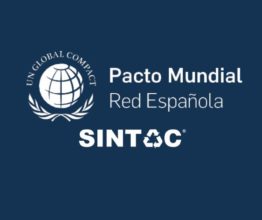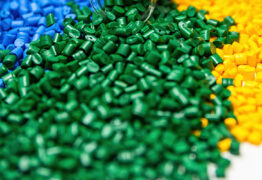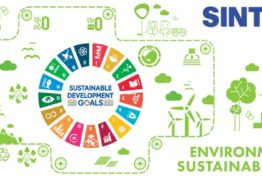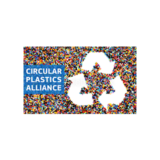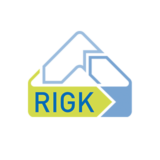What are the Sustainable Development Goals (SDGs)?
The Sustainable Development Goals (SDGs) are based on the ‘8 Millennium Development Goals’ (MDGs), a global partnership created in 2000 by representatives of the then 189 UN Member States. The 8 MDGs include the goals of combating hunger and poverty, achieving universal education, promoting equality and ensuring environmental sustainability.
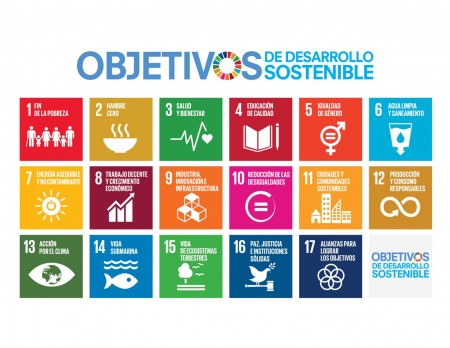
Agreed upon in 2015 by 193 UN Member States at the Sustainable Development Summit, 25-27 September 2015, at the United Nations Headquarters, New York (United States), the Sustainable Development Goals, also known as SDGs, include 17 major challenges divided into 169 specific targets, to be met by 2030. All countries that have signed the agreement, regardless of their level of development or wealth, are committed to promoting prosperity and protecting the environment. However, the SDGs are not binding.
Why should we care?
The SDGs seek to provide concrete solutions to the major challenges facing the world today and in the future, in order to preserve resources and ensure social, economic and environmental stability that improves the quality of life for everyone on the planet. Present and future, present and future generations united by a common front; solving social, economic and environmental problems. The central idea is that all countries, regardless of their level of development or wealth, commit to promoting prosperity and protecting the environment. The Sustainable Development Goals are not mandatory but each country takes responsibility for working towards their achievement.
SDG groups Get to know them!
The United Nations categorises the 17 SDGs into 5 main groups, the so-called ‘5 Ps’: People, Prosperity, Planet, Peace and Partnership.

People
Includes the first six Goals that are directly related to People and Human Rights, that enable people to live in equality and that promote equity and dignity for all citizens of the world, without exception. ⦁ End poverty in all its forms everywhere. ⦁ End hunger, achieve food security and improved nutrition and promote sustainable agriculture. ⦁ Ensure healthy lives and promote well-being for all at all ages. ⦁ Ensure inclusive, equitable and quality education and promote lifelong learning opportunities for all. ⦁ Achieve gender equality and empower all women and girls. ⦁ Ensure availability and sustainable management of water and sanitation for all.
Prosperity
Economic, social and technological progress must be compatible and in harmony with respect for nature. This is the aim of SDGs 7, 8, 9 and 10. ⦁ Ensure access to affordable, secure, sustainable and modern energy for all. ⦁ Promote sustained, inclusive and sustainable economic growth, full and productive employment and decent work for all. ⦁ Build resilient infrastructure, promote inclusive and sustainable industrialisation and foster innovation. ⦁ Reduce inequality within and between countries.
The Planet
Five of the seventeen SDGs are linked to the protection of the planet: the sustainable exploitation and management of resources, the protection of the environment and the fight against climate change are the main commitments included in Goals 11, 12, 13, 14 and 15.
⦁ Ensure sustainable consumption and production patterns. ⦁ Take urgent action to combat climate change and its impacts (taking note of the agreements reached in the forum of the United Nations Framework Convention on Climate Change). ⦁ Conserve and sustainably use oceans, seas and marine resources for sustainable development. ⦁ Protect, restore and promote sustainable use of terrestrial ecosystems, sustainably manage forests, combat desertification, halt and reverse land degradation and halt biodiversity loss.Peace The absence of violence or the response to terrorism and the pursuit of peaceful societies must be another of our goals. And that is precisely what SDG 16 proposes. ⦁ Promote peaceful and inclusive societies for sustainable development, provide access to justice for all and build effective, accountable and inclusive institutions at all levels.
Peace
he absence of violence or the response to terrorism and the search for peaceful societies must be another of our goals. And that is precisely what SDG 16 proposes. ⦁ Promote peaceful and inclusive societies for sustainable development, provide access to justice for all and build effective, accountable and inclusive institutions at all levels.
Partnership
And lastly, a common and cross-cutting objective: the establishment of a network of links or partnerships that will allow us to advance in the achievement of the SDGs with new mechanisms not only for management, but also for communication of the initiatives and their achievements. ⦁ Strengthening the means of implementation and revitalising the global partnership for sustainable development. To achieve these goals and develop a more sustainable planet, the SDGs need to be understood as a duty of three main actors: governments, business and society. It would be illusory and short-sighted to place the responsibility for achieving the SDGs on a single actor. Only a common and co-responsible commitment can lead to the success of the Sustainable Development Goals.
United in achieving the SDGs
In this sense, society must adopt new consumption habits and adopt new, more supportive and respectful ways of relating to each other and to the planet. To this end, it is necessary to raise public awareness through environmental education.
The second main actor, the private sector, has the task of reversing actions, sometimes excessive, that have resulted in the excessive and unsustainable exploitation of resources, the destruction of ecosystems and the rise of inequalities and social gaps that must be redirected and corrected.
Finally, governments must develop policies and legislative frameworks that favour the sustainable development of society and existing production models.
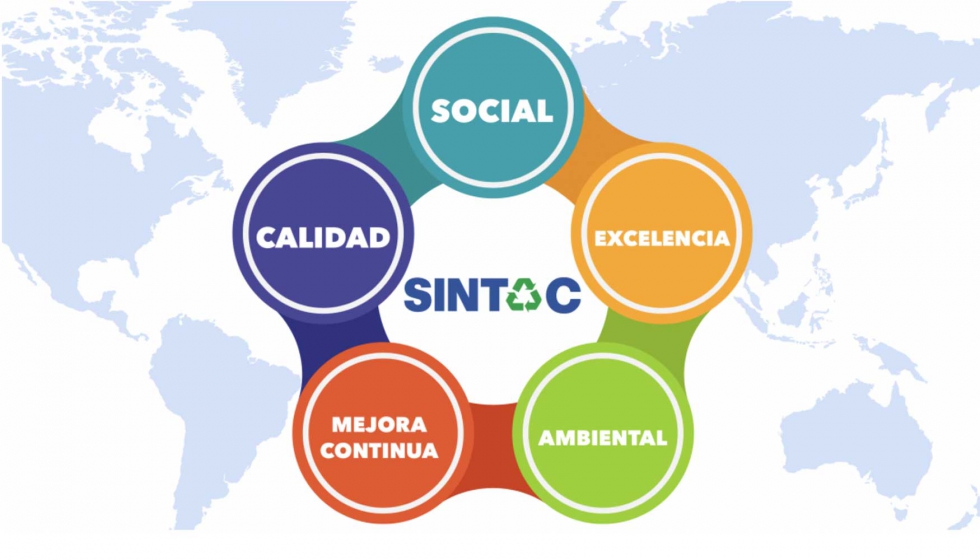
Sintac has been promoting, for more than 25 years, the recycling of plastic materials, and therefore sustainability. We consider ourselves a green company, responsible and committed to the environment; therefore, since 2017 we have a department dedicated exclusively to the development of Circular Economy and Sustainability projects. In addition, we have a Green Marketing and Environmental Communication department, we care about good practices to implement in favour of sustainability by communicating and calling for action to the rest of our community.
We believe in the transition towards a sustainable and responsible model, based on the principles of social, environmental and corporate responsibility, and we work to do our bit for the sustainable development of our planet.
Our question now is, how are you going to contribute to meeting these goals?
